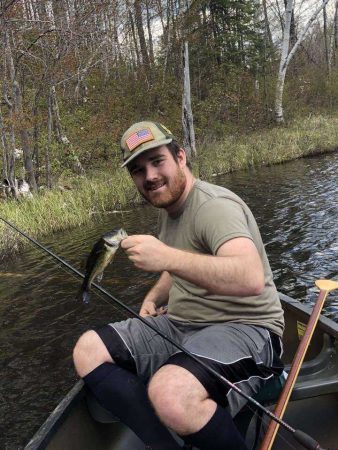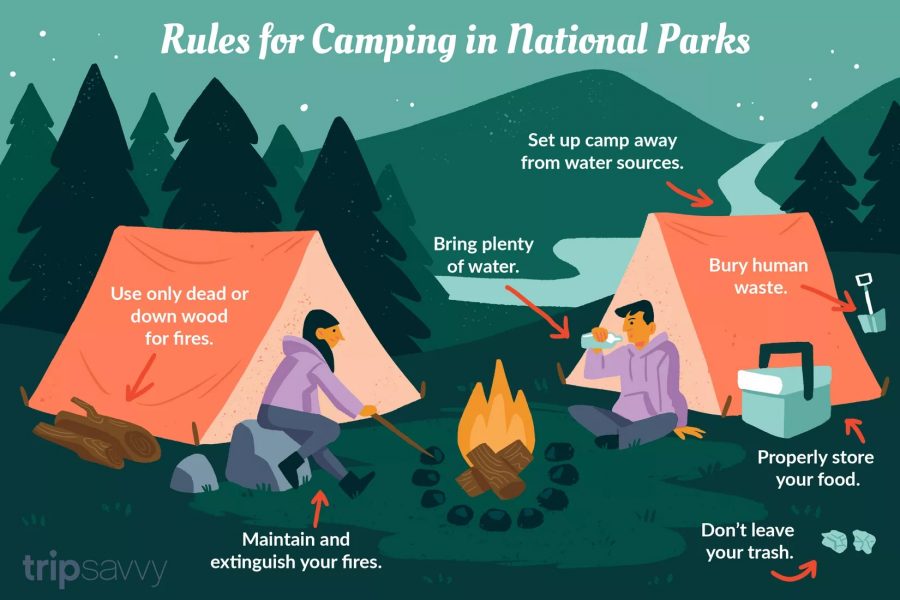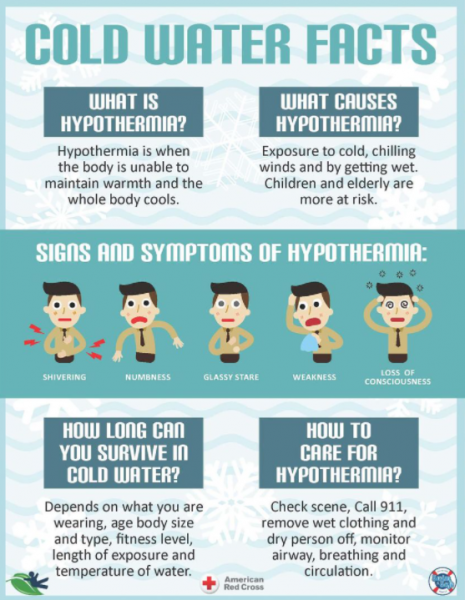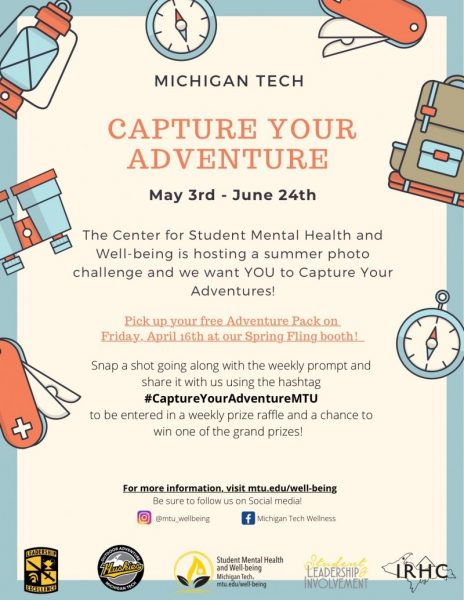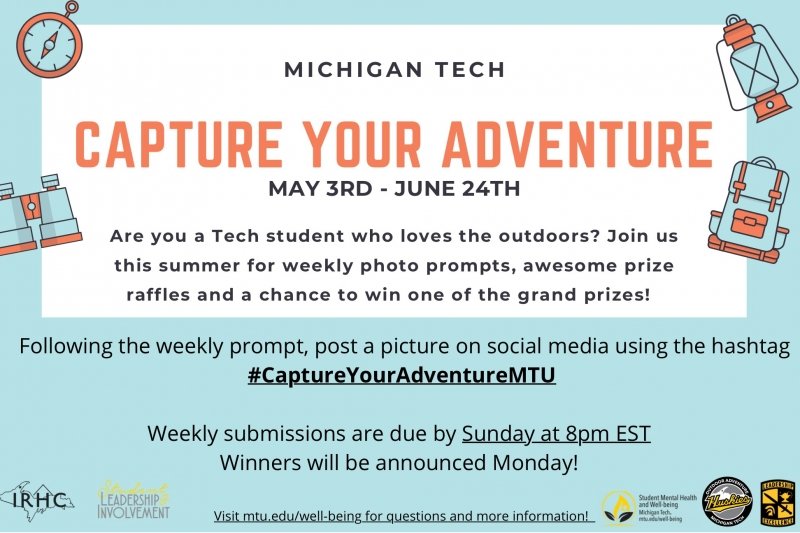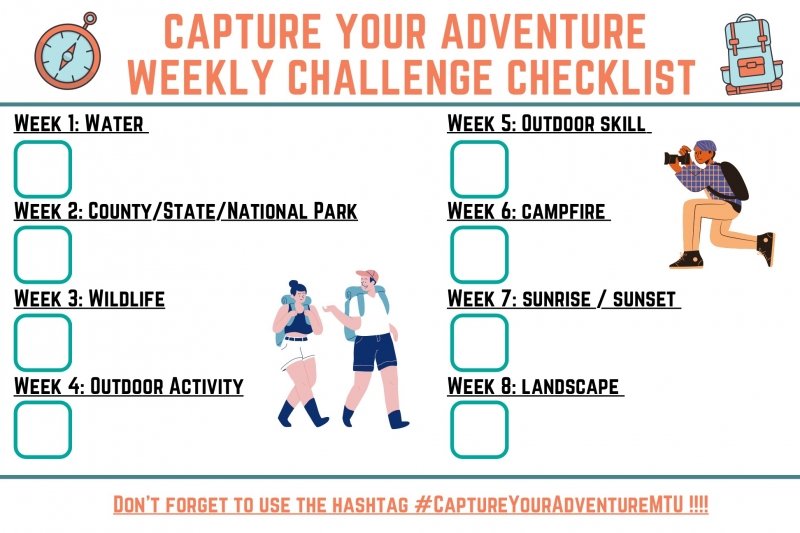For our fourth week of #captureyouradventuremtu, the theme was outdoor activity. Students had until 8pm on Sunday EST to post pictures of any outdoor activities they had participated in!
To go with the theme of outdoor activity our spotlight of the week was focused on MTU’s Army ROTC students who had participated in the challenge. The graphics we shared on our socials can be found below. More information on what the Army ROTC student group does can be found on the following website.
